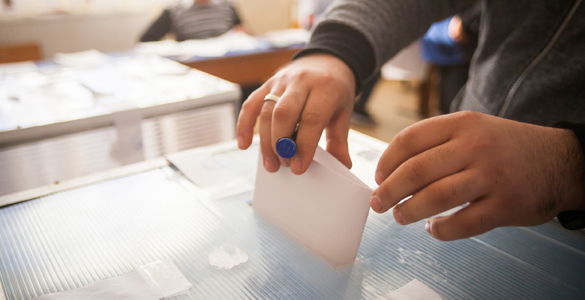Elections: the Council of Europe’s role

Here you will find an explanation of how the Council of Europe works to make sure that the electoral cycle, a concept adopted by the Organisation, functions at every stage. It describes the different elements of the cycle, and how we ensure the highest standards at each stage. It sets out in detail the relevant legal texts, documents and other information designed to ensure that elections are democratic and in line with international standards are - and that citizens can freely express their opinions at the ballot box.
 Facts and figures
Facts and figures
105
Judgments by the European Court of Human Rights based on Article 3 of Protocol 1 – the right to free elections. (up until end 2021)
+250
Election observation missions by the Parliamentary Assembly since 1989.
37
Countries where Parliamentary Assembly observations took place.
+115
Election observation missions by the Congress (since 1990)
+160
Opinions and 70 general texts adopted by the Venice Commission on elections, referendums and political parties (since 1990)


